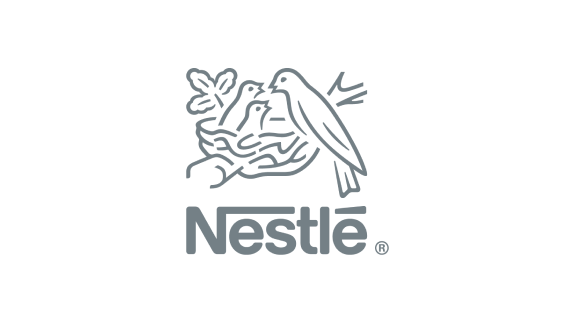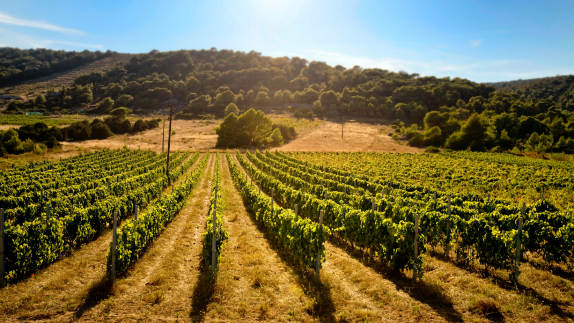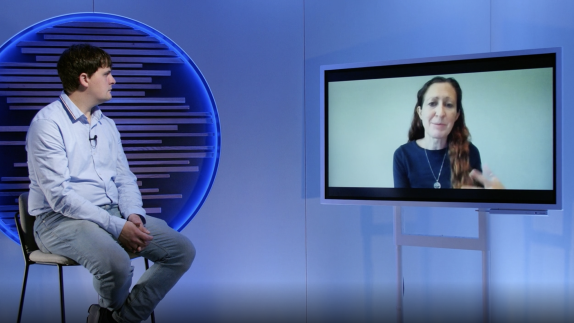
Nestlé is an international food and beverage company headquartered in Switzerland, operating in 186 countries and employing around 270,000 people worldwide. The company’s product portfolio comprises more than 2,000 brands across a variety of categories, including baby food, cereal, chocolate bars, coffee, healthcare products, ice cream, pet food, ready meals, and water.
Nestlé has been working with the Foundation since 2018. Formerly a Network Partner, the company became a Strategic Partner in 2022. Nestlé is a long-standing signatory to the Global Commitment to create a circular economy for plastics, and further information on Nestlé’s progress towards its 2025 targets is available in the 2022 Global Commitment Progress Report. It has endorsed the Business Coalition for a Global Plastics Treaty, convened by the Foundation and WWF. Nestlé has been a member of the Foundation’s Food Advisory Board since 2019 and is a supporter of the Big Food Redesign Challenge.
“To tackle global challenges such as climate change, biodiversity loss, and waste and pollution, it’s vital that we engage organisations that can drive change towards a circular economycircular economyA systems solution framework that tackles global challenges like climate change, biodiversity loss, waste, and pollution. It is based on three principles, driven by design: eliminate waste and pollution, circulate products and materials (at their highest value), and regenerate nature. quickly and at scale. Businesses such as Nestlé can play a crucial role in shifting the system. In addition to progress on its packaging commitments, Nestlé has now set out clear and ambitious commitments to redesign its food products and implement and scale regenerative agricultural practices to reach nature-positive outcomes.”
Andrew Morlet, CEO, Ellen MacArthur Foundation
“At Nestlé, we want to act and lead by example. It’s about developing our business whilst improving lives, advancing regenerative food systems, and ensuring that none of our packaging ends up as litter in the environment.”
Mark Schneider, CEO, Nestlé
The circular economy in action at Nestlé: regenerative agriculture
Nestlé has committed to reaching net zero by 2050 and advancing regenerative food systems at scale — aligned with our study, The big food redesign: regenerating nature with the circular economy. Following the publication of the Nestlé Regenerative Agriculture Framework in 2022, the company has allocated CHF 1.2 billion to projects with regenerative outcomes for nature across its supply chain by 2025 — including specific initiatives in dairy, cereals, coffee, and cocoa. Its targets include transforming its product portfolio and sourcing 50% of key ingredients through regenerative agricultural methods by 2030.
Nestlé is supporting farming practices that help protect soil health by launching regenerative agriculture initiatives through its Farmer Connect program, which works with more than 500,000 farmers and 150,000 suppliers as well as local communities. Specific projects already in action include its income accelerator program for cocoa farmers and pilot financial support scheme for coffee farmers in Mexico and Côte d’Ivoire, and Nespresso’s work to help coffee farmers in Brazil transition to regenerative agriculture.






